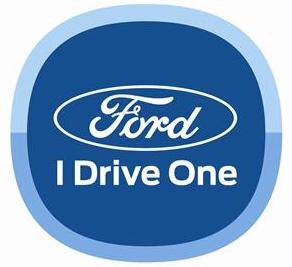That depends on how your shed RV outlet is wired. If a licensed electrician installed it according to National Electric Code, it will be wired as shown in the diagram, with 240V between the red and black wires.
If the homeowner installed it, they may have just connected each hot wire to random separate 120V circuits. In that case, it might be 240V or it might be 0V. Wiring according to NEC has safety and efficiency advantages.



